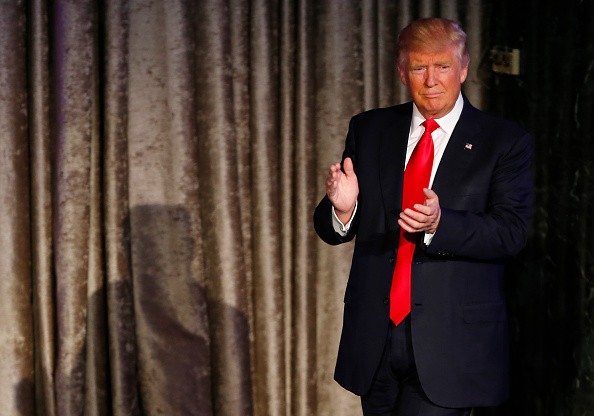Several months ago, many countries have criticized China for militarizing islands on the South China Sea, imposing stricter rules on the Internet, and banning foreign firms from letting domestic competitors prosper.
However, Donald Trump’s win in the 2016 U.S. Presidential Election has caused these critics to trust China in defending international cooperation on issues such as global trade and climate change.
President-elect Trump vowed to stop President Obama’s Trans-Pacific Partnership (TPP) pact. Due to this proclamation, many countries are planning to shift their attention to China as a big trading partner.
These countries’ pivot to China after Trump’s win affects not only the U.S. economy but also the superpower’s political agenda. Most of the U.S.'s trade partners are also its military and political allies.
Now, the tides are changing as Trump promotes his “America First” platform, while China continues to assure world leaders that it will support and defend globalization.
“China will not shut the door to the outside world but will open it even wider,” Chinese President Xi Jinping said Nov. 20 at the Asia-Pacific Economic Cooperation summit in Peru.
With China's stand in globalization, critics project that this emerging superpower would reach new heights as a leader in the global arena. Yet, China does not seem enthusiastic about this elevation.
According to a Communist Party member, it is “beyond imagination to think that China could replace U.S. to lead the world.”
Min Ye, an associate professor at Boston University, stated, “China wants to be a force of stability . . . but it’s not into changing the global order.”
Another professor, Chen Dingding, noted that “factor one is whether China has the capacity to be leader, and factor two is whether China has the willingness to be leader.”
“If the U.S.—no. 1 power—is not interested in global leadership, why should China be?” Prof Chen added.
Whether or not China wants to be the new leader, it would surely continue to defend globalization since the country is widely benefiting from it.



























